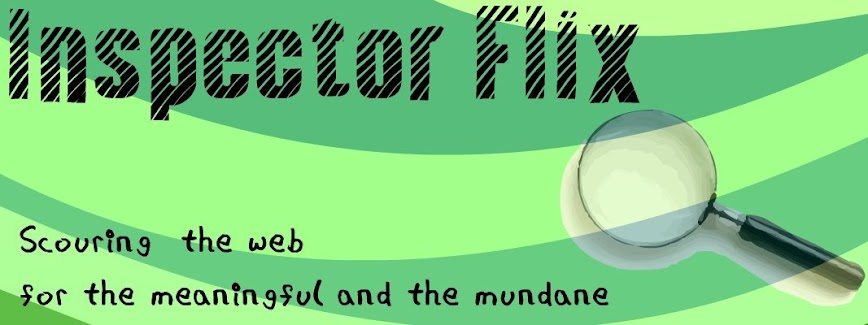Suppose Jimmy Wales decides to create an encyclopedia all by his lonesome self. Sounds hard, if not impossible, right?
 Well, this Jimmy Wales is the creator of Wikipedia. He did not do an online encyclopedia on his own. In fact, he asked everyone who can access the Wikipedia website to contribute and collaborate on the content of the site. The result: over 10 million articles written collaboratively by volunteers around the world. I have edited some Wikipedia articles in the past myself - although my contribution is limited to correcting typographical errors - just so I can say that I have made some contribution to Wikipedia.
Well, this Jimmy Wales is the creator of Wikipedia. He did not do an online encyclopedia on his own. In fact, he asked everyone who can access the Wikipedia website to contribute and collaborate on the content of the site. The result: over 10 million articles written collaboratively by volunteers around the world. I have edited some Wikipedia articles in the past myself - although my contribution is limited to correcting typographical errors - just so I can say that I have made some contribution to Wikipedia.Wikipedia typifies crowdsourcing. Coined in 2006, the term crowdsourcing is defined in Wikipedia as:
[T]he act of taking a task traditionally performed by an employee or contractor, and outsourcing it to an undefined, generally large group of people, in the form of an open call. For example, the public may be invited to develop a new technology, carry out a design task, refine an algorithm or help capture, systematize or analyze large amounts of data.
The term has become popular with business authors and journalists as shorthand for the trend of leveraging the mass collaboration enabled by Web 2.0 technologies to achieve business goals. However, both the term and its underlying business models have attracted controversy and criticism.
Other well-known crowdsourcing sites are Digg, Delicious, StumbleUpon and Flickr. But the concept of crowdsourcing is not new. According to Wikipedia (where else?), in the 19th century, the Oxford English Dictionary was written from volunteer contributions of millions of slips of paper. In the early days of the internet, the concept was already being applied by computer programmers and scientists.
The Emperor's Virtual Clothes author Dinty Moore forayed into the (then) mysterious world of internet back in 1995. Thirteen years ago, you had to make do with Bulletin Board Systems (BBSs) for social networking. Search was not made through Google. Netscape was still the number one browser. A picture file would take minutes to download.
But even during the "primitive" era of the internet, the idea of crowdsourcing was already alive. BITNET, CSNET and Usenet allowed for discussion of computers, computing issues, scientific disciplines and controversy. Usenet, in particular, was famous in universities, research labs or other academic institutions. Usenet originated with a link between two universities, and the exchange of ideas and information is what such institutions are all about. It created huge amounts of information that would have been hard to obtain had there been no Usenet. Collaboration and exchange of information among early Usenet users made it possible.
According to wiseGEEK, it seems that the potential of crowdsourcing has yet to be tapped. "There is an enormous creative and technical population in the world, many of whom have interesting ideas or skills, and crowdsourcing allows companies to profit from their work — often giving them a healthy living in return — at a fraction of the cost of a more traditional business model."
For more information about crowdsourcing sites, you can visit crowdsourcinglinks.com.
Comic strip: xkcd

No comments:
Post a Comment